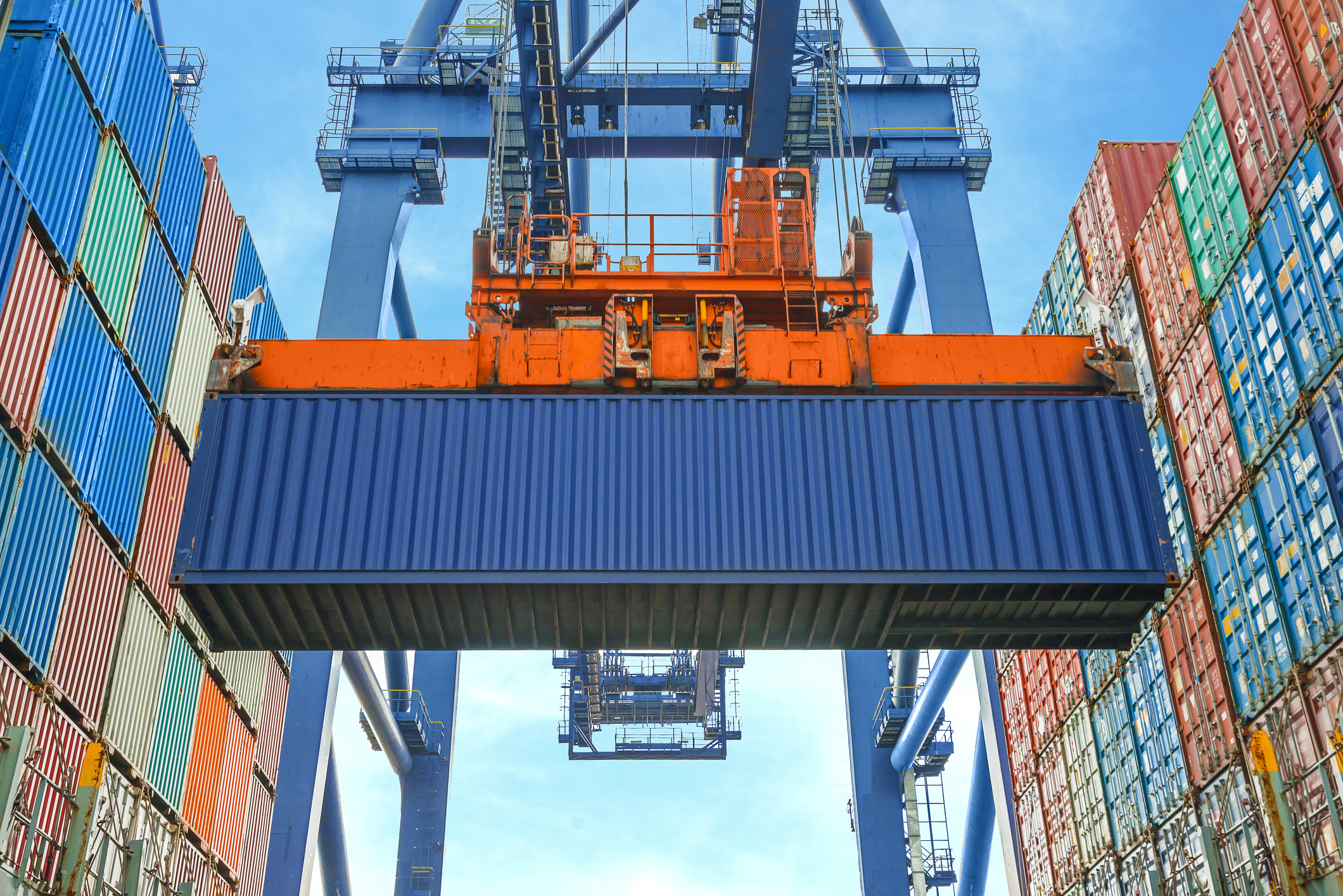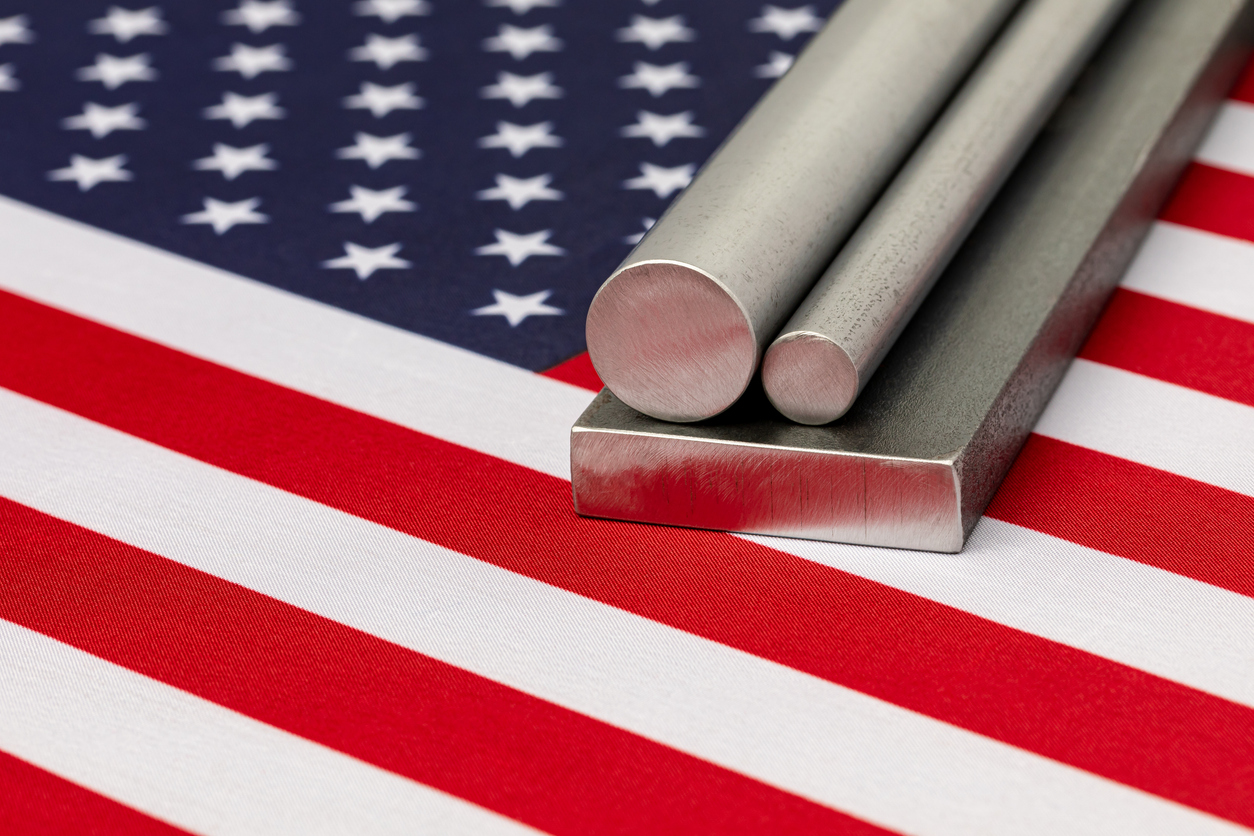Whistleblower nets $2.1 million, underscoring the substantial rewards available under the False Claims Act for insiders who expose customs fraud schemes.
Allied Stone Inc., a Dallas-based importer of countertops and cabinetry, and its president, Jia “Jerry” Lim, have agreed to pay $12.4 million to resolve allegations that they misclassified Chinese quartz products as other materials to avoid paying millions in anti-dumping and countervailing duties (AD/CVDs).
The settlement, announced by the Department of Justice, is the latest example of how customs fraud can trigger liability under the False Claims Act, one of the government’s most powerful civil enforcement tools. The case also illustrates the critical role that customs fraud whistleblowers play in enforcing U.S. trade laws. Without insiders willing to come forward, schemes like these would otherwise remain hidden from regulators indefinitely.
The Alleged Plot to Pass Off Quartz as Marble and Glass
According to the Department of Justice, Allied Stone and its president, Jia “Jerry” Lim, allegedly orchestrated a multi-year scheme to disguise quartz surface products imported from China to avoid paying millions in trade duties. Beginning in September 2018, the company is said to have declared quartz slabs and countertops as cheaper materials, such as marble and crystallized glass, which were not subject to the steep anti-dumping and countervailing duties imposed on Chinese quartz.
By using incorrect Harmonized Tariff Schedule (HTS) codes, Allied Stone allegedly imported mislabeled quartz through U.S. ports, misclassifying it as lower-duty stone. Prosecutors further alleged that the company looked the other way when third-party importers of record submitted the same false classifications, allowing shipments to clear customs without the duties owed.
These practices, the government contended, deprived U.S. Customs and Border Protection of millions in revenue and gave Allied Stone an unfair advantage over competitors that complied with the law.
Anti-dumping duties are designed to counter foreign companies selling products below fair market value, while countervailing duties offset foreign government subsidies. Together, they are intended to level the playing field for U.S. manufacturers—a purpose allegedly undermined by Allied Stone’s actions.
The Jig Is Up: Former Employee Blows the Whistle on Allied Stone
This case began not with a government audit but with information from a former Allied Stone employee with direct knowledge of the company’s import practices. In their complaint, filed under the False Claims Act’s qui tam provisions, the employee described how the company allegedly disguised quartz surface products by misclassifying them as other materials to avoid anti-dumping and countervailing duties.
Her lawsuit laid the groundwork for the Justice Department’s investigation. Without the whistleblower’s evidence, prosecutors might never have uncovered the details of how quartz shipments were allegedly funneled into the United States under false tariff classifications.
By stepping forward, the whistleblower exemplified the crucial role of customs fraud whistleblowers. Complex schemes to evade import duties often remain hidden within shipping records and HTS classification code information and are rarely visible to regulators unless insiders bring it to light.
Big Risk, Big Reward: Whistleblower Awarded $2.1 Million
For bringing the allegations to light, the whistleblower will receive a whistleblower award of $2,170,875, along with reimbursement of more than $288,000 in legal fees and expenses. The payment represents her share of the government’s recovery under the False Claims Act’s qui tam provisions, which entitle whistleblowers to between 15% and 30% of any recovery.
The award reflects both the risks and the value of coming forward. By exposing the alleged duty-evasion scheme, the whistleblower enabled the Justice Department to recover millions in lost customs revenue and hold Allied Stone accountable under federal law. The case is a reminder that individuals with firsthand knowledge of customs fraud can not only protect U.S. taxpayers and domestic manufacturers but also receive significant whistleblower compensation.
False Claims vs. Errors: A Critical Distinction
At the center of the Allied Stone matter was a straightforward but serious allegation: the deliberate misclassification of Chinese quartz products under the Harmonized Tariff Schedule (HTS).
By changing a line of paperwork, the company allegedly evaded millions in trade duties. This misclassification was not a minor clerical error. HTS codes determine the precise duties owed on imports, and submitting an incorrect code can shift an item from a category with steep trade remedies to one with none.
The government’s position was clear: when such misstatements are made knowingly, they are not simply customs violations—they are so-called “reverse” false claims within the meaning of the False Claims Act.
For Allied Stone, that meant exposure not just to the repayment of duties, but to treble damages and civil penalties under 31 U.S.C. § 3729 of the FCA. The $12.4 million settlement reflects this broader liability, reinforcing that importers who attempt to disguise goods through false tariff classifications can face consequences far beyond ordinary customs enforcement.
“Reverse False Claims”: When Avoiding Duties Becomes Fraud
The False Claims Act imposes liability not only when someone submits a false invoice or request for payment, but also when they knowingly avoid paying money owed to the government. These so-called“reverse false claims” are a central feature of the statute, found in31 U.S.C. § 3729(a)(1)(G).
In the Allied Stone case, prosecutors alleged that the unpaid anti-dumping and countervailing duties on quartz imports were “obligations” under the law. By disguising quartz as other materials and failing to ensure duties were paid when third-party importers handled shipments, the company allegedly withheld millions owed to the U.S. Treasury.
This framing is critical because it underscores that customs fraud is not just a trade violation. As with deliberate misclassification, avoiding duties also carries the risk of treble damages and civil penalties. For Allied Stone, that meant potential liability many times greater than the duties allegedly evaded, creating a strong incentive to resolve the claims through a $12.4 million settlement.
Looking the Other Way Is No Defense
In addition to misclassifying quartz under the wrong tariff codes, prosecutors alleged that Allied Stone and its president failed to ensure that duties were declared correctly and paid when third-party importers of record handled shipments. By allowing others to submit the same false classifications, the company allegedly “looked the other way” while benefiting from the evasion of millions in trade remedies.
Under the False Claims Act, such deliberate indifference does not provide protection. The statute’s definition of “knowledge” includes not only actual awareness of fraud but alsoreckless disregard andwillful ignorance. Courts have consistently rejected what is sometimes called the “ostrich defense”—the idea that burying one’s head in the sand shields a company from liability.
In practice, this means that importers cannot avoid responsibility by outsourcing customs declarations to third parties and then failing to ensure that those entries are properly filed. The Allied Stone settlement reinforces the point: when a company benefits from duty evasion, it may be held accountable under the False Claims Act, whether the false statements are made directly or with the company’s tacit approval.
Trending: DOJ and CBP Join Forces on Trade Enforcement
The Allied Stone settlement also underscores the growing partnership between the Department of Justice and U.S. Customs and Border Protection (CBP) in addressing customs fraud. The instant case was handled jointly by the Civil Division’s Commercial Litigation Branch and the U.S. Attorney’s Office for the Northern District of Texas, with significant assistance from CBP’s Office of Trade and Trade Regulatory Audit.
This collaboration reflects a broader trend in enforcement. In recent years, CBP has sharpened its scrutiny of duty evasion schemes, while DOJ has increasingly turned to the False Claims Act to recover unpaid revenues. For companies engaged in international trade, the message is clear: customs compliance is no longer just a matter of administrative penalties.
How to Spot Customs Fraud in the Workplace
Customs fraud schemes are often hidden in paperwork, but for employees working in logistics, purchasing, compliance, or accounting, some signs can raise suspicion. In the Allied Stone case, the alleged misclassification of quartz as marble or glass was concealed in Harmonized Tariff Schedule codes and import entries. For insiders familiar with the business, these irregularities may stand out.
Other red flags that can point to potential duty evasion include:
- Goods declared under tariff codes that do not match their actual material or use
- Imports routed through third-party “importers of record” with little connection to the business
- Instructions from management to use alternative classifications that reduce or eliminate duties
- Documentation suggesting that goods originated in a country with no AD/CVDs, despite evidence that they came from elsewhere
While such discrepancies may seem routine in the day-to-day flow of international trade, they can signal broader efforts to evade millions in duties. For potential whistleblowers, recognizing and documenting these signs can be the first step toward exposing fraud under the False Claims Act.
The Takeaway: Industry Insiders Can Become Whistleblowers
The Allied Stone settlement illustrates the power of insider knowledge. A single whistleblower with access to import records and the courage to step forward enabled the government to recover millions in lost revenue and ensured accountability for alleged misconduct.
If you suspect your company—or a supplier you work with—is misclassifying imports, concealing the true country of origin, or otherwise evading duties, you may have grounds to file a claim under the False Claims Act. These lawsuits provide the opportunity to receive a substantial share of any recovery.
Talk to an Experienced FCA Attorney
At Mark A. Strauss Law, we represent whistleblowers worldwide in customs fraud cases involving imports into the United States. We offer free, confidential consultations to evaluate potential claims and explain your rights. With decades of experience in anti-fraud litigation, we are committed to guiding whistleblowers through every step of the process.
Call us today to discuss your potential whistleblower claim. The attorney-client privilege protects all communications. Having the right lawyer can significantly impact your chance of success.
Remember: Fraud is their game. Integrity is yours.



